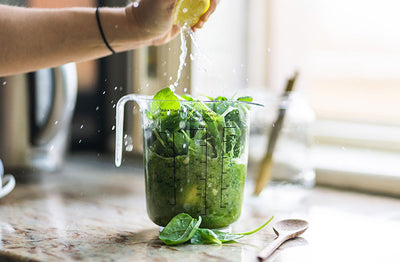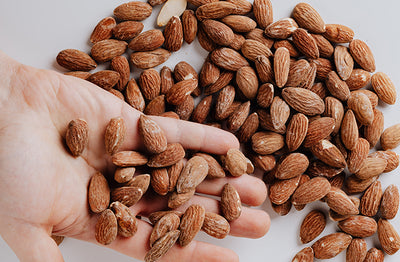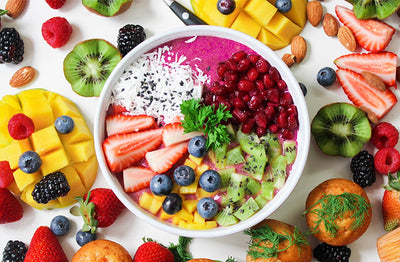The word “Peptides” has been floating around the supplement world for a long time, but it really burst into the media recently with the NRL and AFL peptide scandals, but what are they, and if they’re so bad, why are they in lots of
protein supplements?
What is it?
Peptides are just a bunch of amino acids that are joined together by peptide bonds. If there's more than 50 amino acids joined together, it’s called a protein. Less than 50 and it’s called a peptide. You can find peptides in milk, plants, meat and even in anti-biotics. Platypus venom contains more than 19 peptides, but it’s not likely to do much for your athletic performance!
What does it do?
Peptides can do a whole range of stuff, from help with digestion and acting as an antioxidant to controlling glucose levels in your blood or becoming a growth hormone, so you can’t really lump them all into one category. It’s those last two types of peptide that often end up on the back page of the newspaper, but it’s pretty misleading to just call it a peptide. It’s like lumping a glass of champagne and a bottle of Hydrochloric acid into the same category, just because you can drink them. It’d be a really, really bad idea to drink acid, but it technically can be done. Probably no more than once though, on account of you being dead afterward.
Which supplements have peptides in them?
Anything with amino acids or protein can have peptides in them. So if you’re looking at Protein supplements,
post-workouts,
testosterone boosters,
mass gainers or anything with protein or aminos in it, there can be peptides. The problem with the latest media scrutiny is that "peptides" is a really broad category. Like a newspaper headline that says "Doctor looks at stuff, finds something out!".
How much should I have?
It depends heavily on what peptide you’re taking. They can have so many different applications that there is no general guide. Look at the label of the product you’re taking and follow those instructions closely. It's like asking "How many grams of food should I have?" It really depends on the food.
Are there Peptides in food?
Yes, food is full of peptides, especially meat, fish and dairy. Anywhere there is protein, there can be peptides, and protein is everywhere! Muscle fibres, Nerves, Brain cells, hormones and many other things are made up of protein, and because peptides are just small proteins, they’re found in the same places.
Are there any side effects?
There can be lots or none, it just depends on what peptides you take and how you take them. Eating a bunch of whey peptides can be fantastic for you. You’ll repair muscle and potentially build more of it. Injecting peptides from a black mamba will not be so great, you’ll soon find yourself weak and helpless, while whoever find you in that state will wonder exactly why you would want to inject venom into yourself.
Conclusion
Peptides aren’t the villain that you might think they are from the newspapers. Certain peptides are very illegal and can do you a lot of harm, while other ones are perfectly safe, and you’ve been eating them daily since birth. So next time you see the word “peptide”, remember that it’s just a really generic term for a bunch of amino acids that aren’t big enough to be called a protein. That’s all!
Read More:















